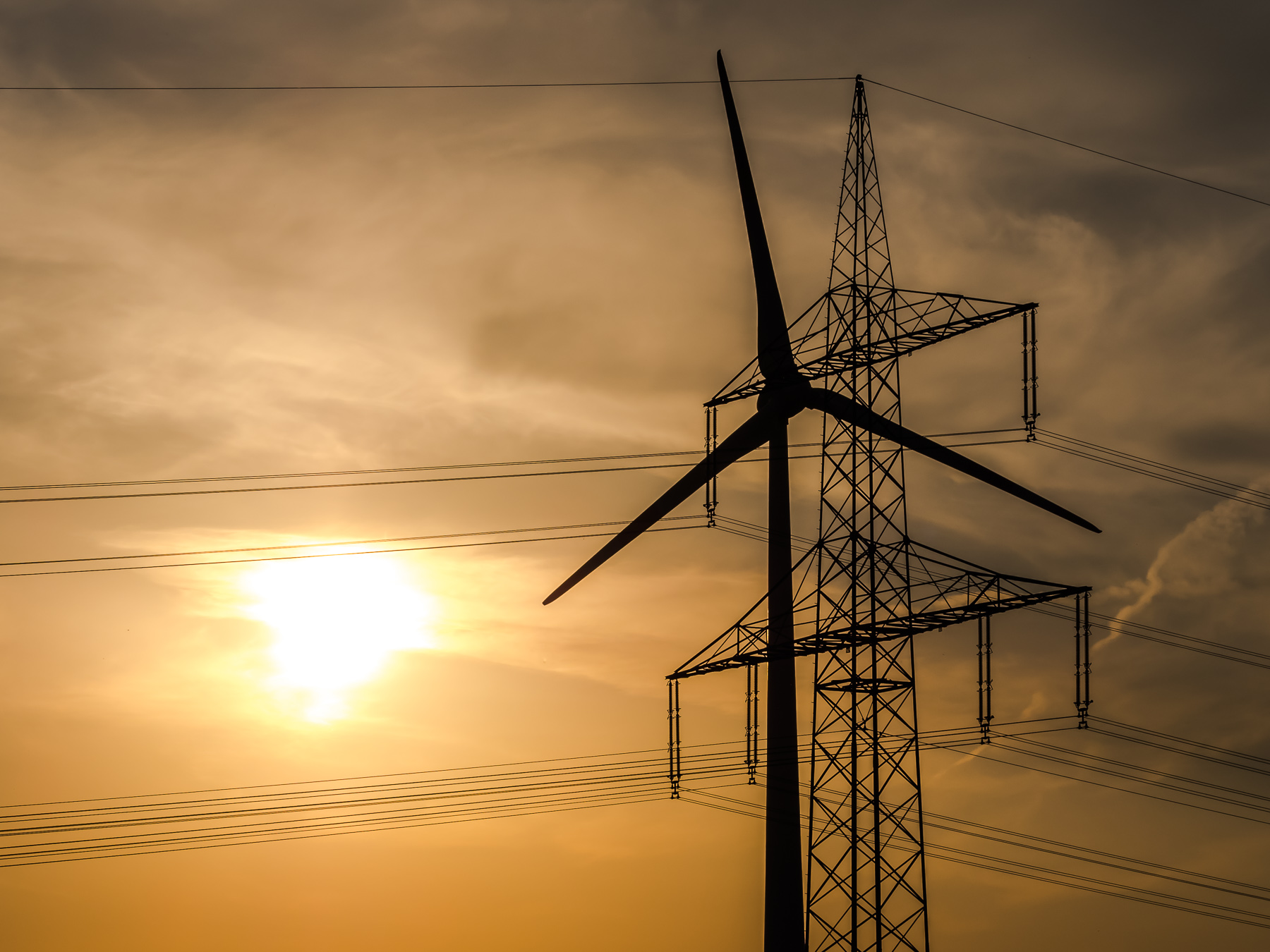Securing Energy Supply in the Baltics
This month, Lithuania announced the arrival of a 164-tonne transformer as part of the ongoing process for synchronization with the Continental European power grid. This step is considered crucial for successfully exiting the Soviet era BRELL agreement, in which the Baltics’ power grids are controlled by Moscow. Exiting BRELL is a major component of the Baltics’ overall strategy not only for energy security, but for their national security broadly. Under the BRELL agreement, the Baltics have been synchronously connected to the Integrated Power System/United Power System (IPS/UPS) grid with Russia and Belarus since the end of the Soviet period.



